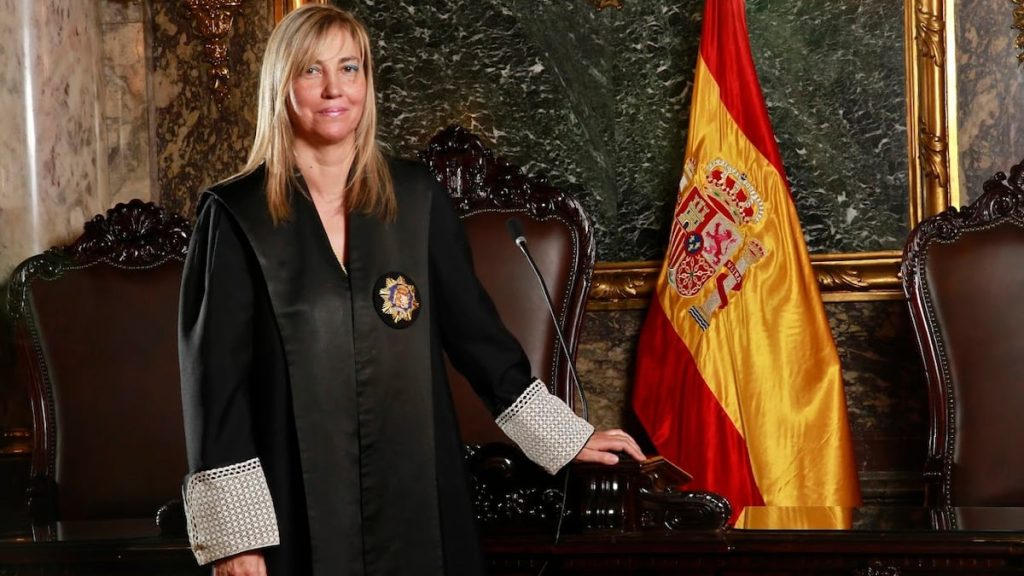The renewed General Council of the Judiciary (CGPJ) – composed of 10 members appointed by the PSOE and another 10 proposed by the PP – began its journey in July, presenting an image of confrontation and polarization that predicted a stormy term. However, the problems in reaching an agreement for its main appointment were resolved yesterday when Isabel Perelló, a magistrate of the Supreme Court since 2009 and a member of the progressive association Judges for Democracy, was elected as president of the Council and the Supreme Court. With a career marked by solidity, discretion, and independence, Perelló will be the first woman to preside over the CGPJ in its 44-year history, making this appointment one of the best news in the turbulent world of judiciary in recent times. Her election also comes at a time when women have already become a majority in the legal profession, representing 57% and reaching 73% in the latest intake. The challenge now is to ensure that this presence at the base permeates all levels of the judiciary.
Despite obtaining 16 out of the possible 20 votes, the manner in which the appointment was made raises some questions about a Judiciary Council that has so far shown its fracture. The magistrate who will preside over the Council is not one of the seven candidates proposed by the two sides – progressive and conservative – at the beginning of the negotiations, supposedly chosen for their merit and competence. The conservative judiciary, appointed by the PP, initially boycotted the three female candidates supported by the 10 members appointed by the PSOE. The reasons for not voting for any of the three candidates were varied: from Pilar Teso being seen as the government’s choice to Ana Ferrer’s association with Judges for Democracy, like Perelló. Meanwhile, the left faction within the judiciary insisted from the beginning on the need for a woman to hold the presidency, rejecting to support Pablo Lucas, a progressive-leaning magistrate proposed by the conservative group. Pressured by the embarrassment of heading into the start of the judicial year without a presidency in place, and faced with the indefensible argument that a woman was not absolutely necessary because they were seeking “excellence,” the PP-appointed members agreed at the last minute to back Isabel Perelló.
After 25 years with conservative-leaning presidents of the Judiciary and over five years of deadlock due to the PP’s refusal to renew a key institution in the functioning of democracy, the new Council yesterday approved its most delicate task. Despite the happy ending, the tortuous development of this initial act does not bode well for a calm term in an institution that has been greatly discredited in recent times due to political interference. The CGPJ will have to appoint up to a hundred positions – presidents of provincial courts and higher courts, and nearly thirty Supreme Court magistrates – requiring a minimum majority of 12 votes, a combination of progressive and conservative votes. The agreement that seemed impossible for almost two months to choose one position will now be essential to fill a hundred vacancies. Having dispelled the specter of a new deadlock in the Judiciary Council, it is crucial that this agreement is reached for all appointments. Isabel Perelló’s reputation as a defender of consensus, in addition to breaking a longstanding but solid glass ceiling, is a hopeful sign.















